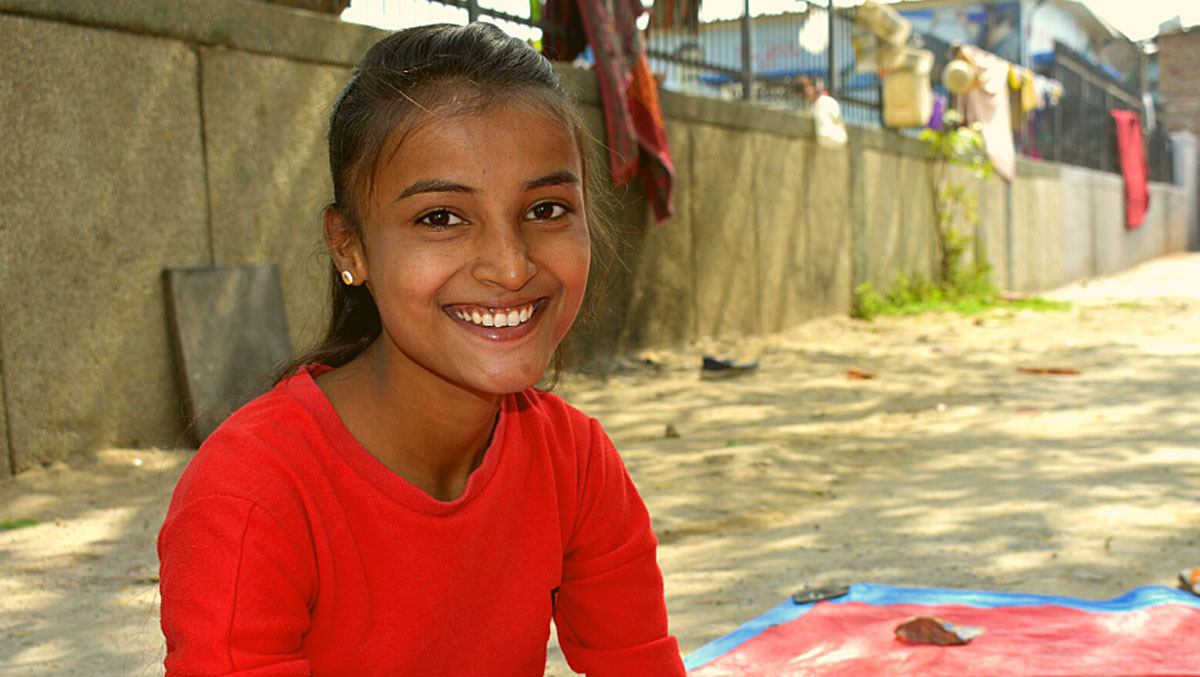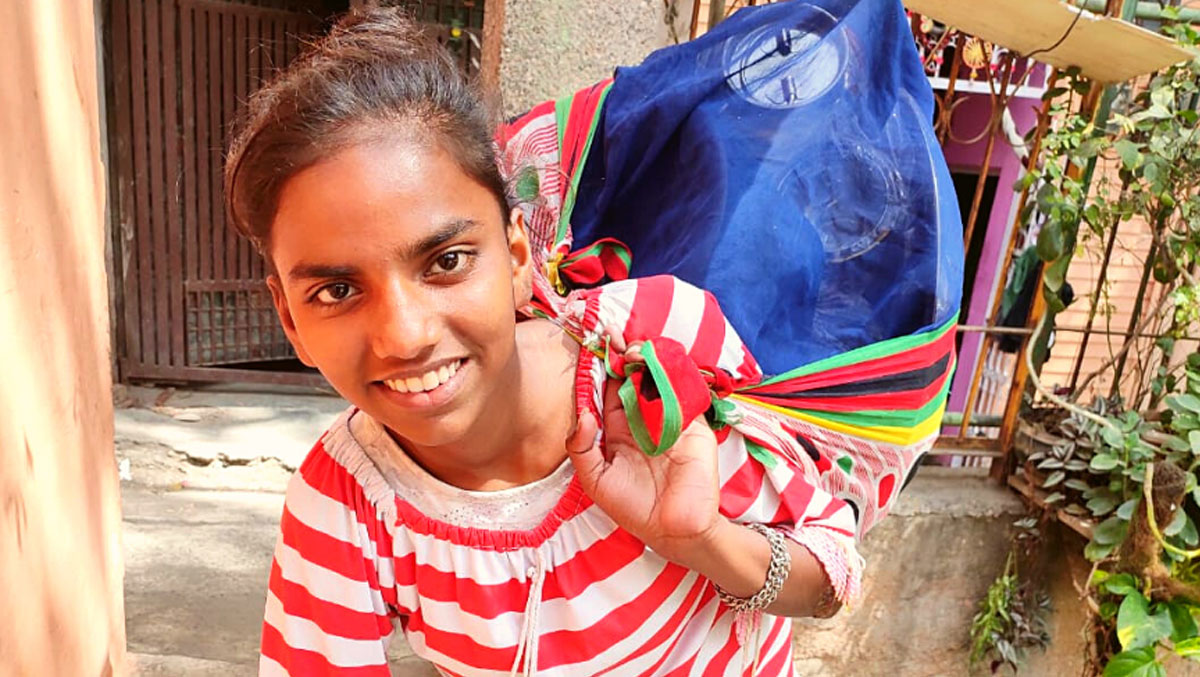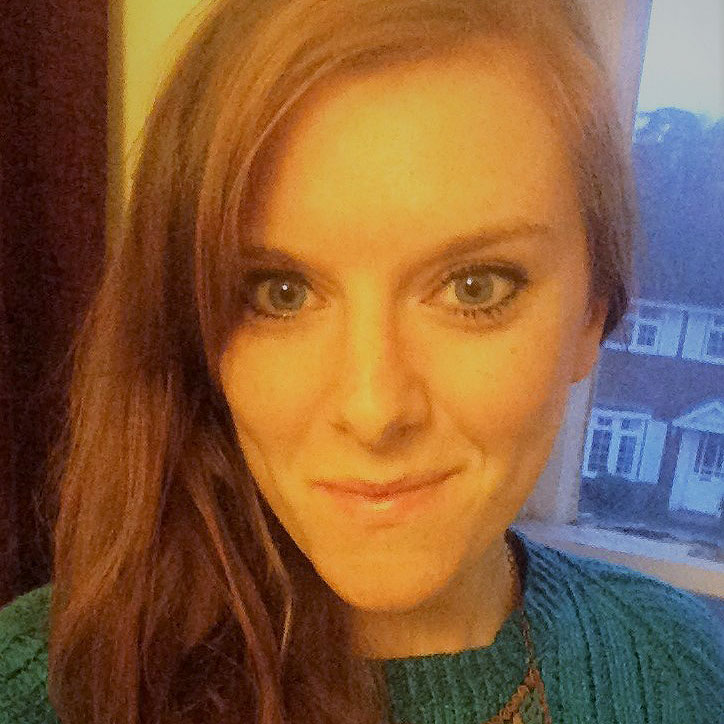How it all began
In the Spring of 2019, Toybox began supporting our partner, CHETNA, in India with a new project based in Delhi. The Sports for United Resilience (SURE) project currently works with around 400 vulnerable street children aged between 12 and 16, supporting them to build core life skills through the medium of sport.
During the sessions, children can interact with each other and project staff in a safe environment and learn to play sports such as Kho Kho (a traditional Indian game of tag), Kabaddi (which combines characteristics of rugby and wrestling), and other traditional Indian street games and cricket.
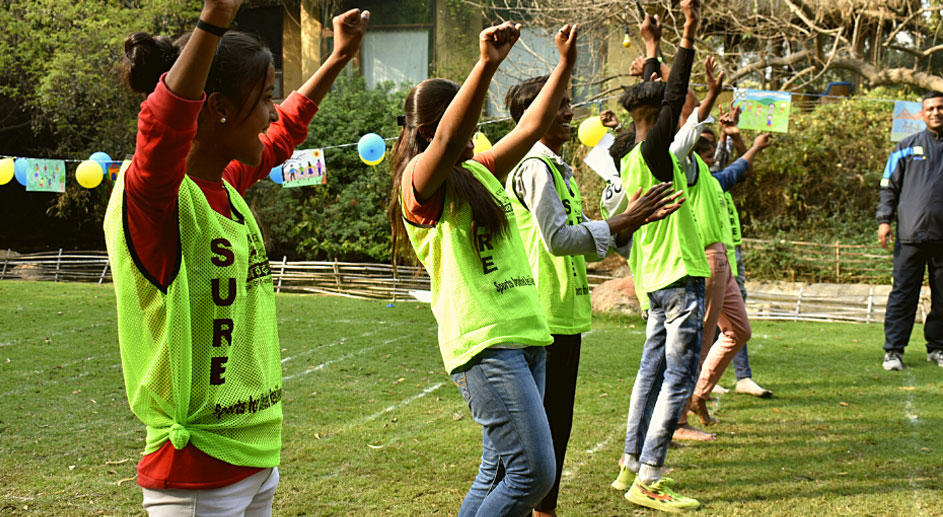
Project Highlights
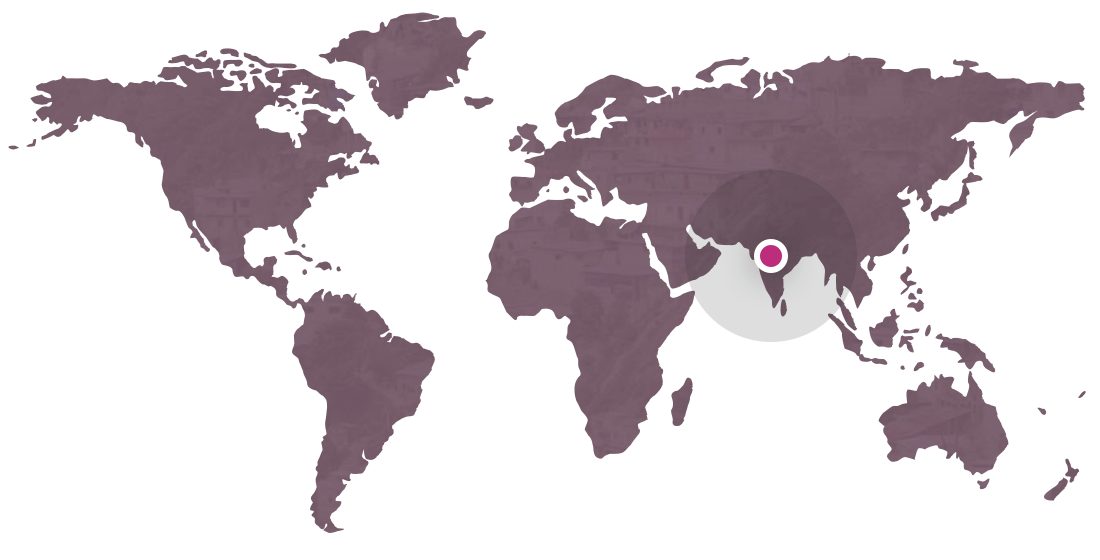
Promoting gender equality
The project also runs self-defence workshops for girls in partnership with the Delhi Police. Sadly, discrimination and violence against women and girls is endemic across Indian society at every level. Data released by the National Crime Records Bureau highlights that in recent years there has been a marked increase in gender-based violence and harassment in India, with crimes against women and girls showing a worrying upward trend.
To add to this, being street connected increases a child’s chances of becoming a victim of violence and abuse so self-defence workshops can play a key role in helping girls to protect themselves while also helping to build self-confidence. Alongside this initiative, the project also specifically focuses on promoting gender equality with boys at the project who learn about inspirational female leaders and their positive impact on society. Gender equality is also at the core of project, providing equal opportunities for girls and boys to mix, participate and lead the activities.
